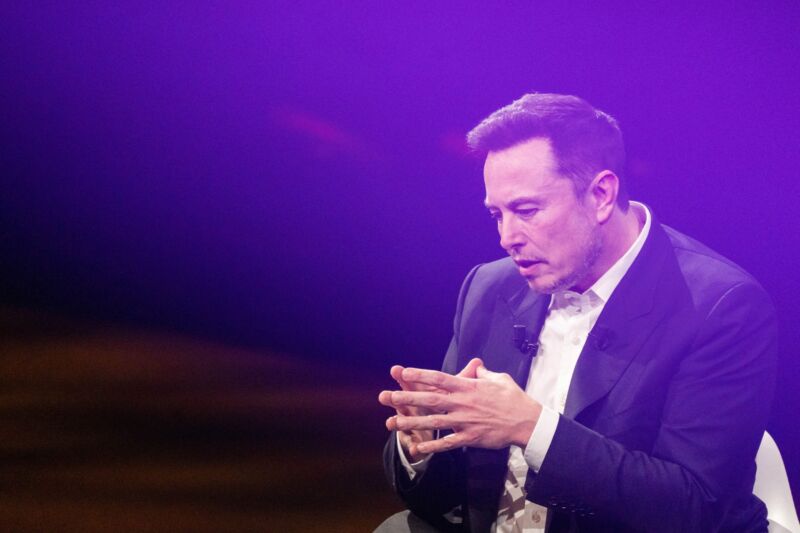Musk plans Supreme Court appeal after losing bid to terminate SEC settlement

Elon Musk plans an appeal to the US Supreme Court after losing an attempt to terminate a settlement with the Securities and Exchange Commission that Musk claims violates his First Amendment rights. The 2018 settlement over Musk’s false “funding secured” tweets required Tesla to impose controls on his social media posts.
“Alex Spiro, a lawyer for Musk, confirmed on Tuesday that Musk plans an appeal to the Supreme Court,” according to Reuters.
In April 2022, Musk’s attempt to get out of the settlement was rejected by a judge in US District Court for the Southern District of New York. Musk appealed to the US Court of Appeals for the 2nd Circuit, but the ruling against Musk was affirmed unanimously by a three-judge panel.
Musk then petitioned for an en banc rehearing in front of all the 2nd Circuit Court’s judges, but his appeal was denied in a short order issued by the court yesterday. The “active members of the Court have considered the request for rehearing en banc. It is hereby ordered that the petition is denied,” the ruling said. The 2nd Circuit appeals court has 13 active members.
The only remaining option for Musk is the Supreme Court, but there is no guarantee that the highest court will take up the case.
The same tweets that led to Musk’s SEC settlement were also scrutinized in a class-action lawsuit against Musk and Tesla that sought financial damages for Tesla shareholders. The judge in that case ruled that Musk’s tweets about having secured funding to take Tesla private were false and reckless, but it was up to a jury to decide whether Musk knew the tweets were false and whether they caused Tesla investors to lose money. The jury sided with Musk in February 2023.
Musk needs Tesla approval for tweets
The SEC case began after Musk’s August 2018 tweets stating, “Am considering taking Tesla private at $420. Funding secured,” and, “Investor support is confirmed. Only reason why this is not certain is that it’s contingent on a shareholder vote.”
The SEC sued Musk and Tesla, saying the tweets were false and “led to significant market disruption.” The settlement required Musk and Tesla to each pay $20 million in penalties and forced Musk to step down from his board chairman post. That money is to be distributed to harmed investors under a plan approved by the court last year.
Musk was also required to get Tesla’s pre-approval for tweets or other social media posts “that contain, or reasonably could contain, information material to the Company or its shareholders.”
Musk claimed the SEC used the consent decree to “micro-manage” his Twitter activity, that he was “forced” into signing the deal, and that his “First Amendment freedoms are imperiled.” The SEC “has been weaponizing the consent decree by using it to try to muzzle and harass Mr. Musk and Tesla,” Spiro wrote in a court filing last year.
Ruling against Musk, US District Judge Lewis Liman called the claim that the SEC is harassing him “meritless” and wrote that Musk’s “free speech rights do not permit him to engage in speech that is or could ‘be considered fraudulent or otherwise violative of the securities laws.'”
Musk bought Twitter in October 2022 and is the CEO of both Tesla and SpaceX.
https://arstechnica.com/?p=1956438